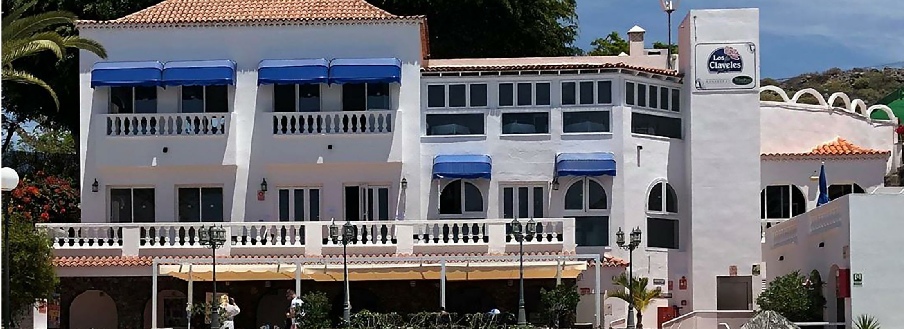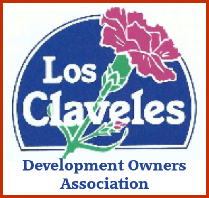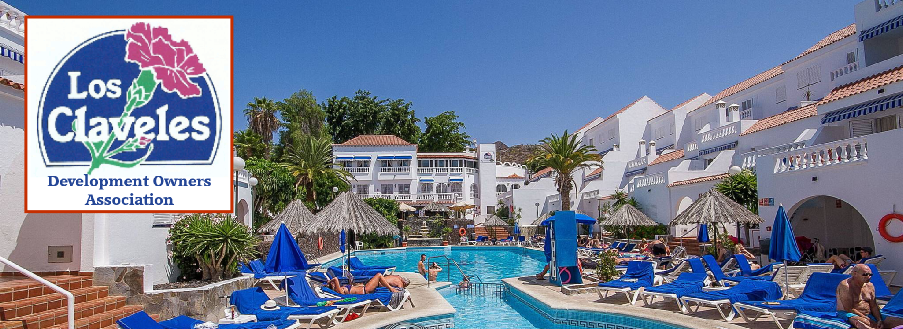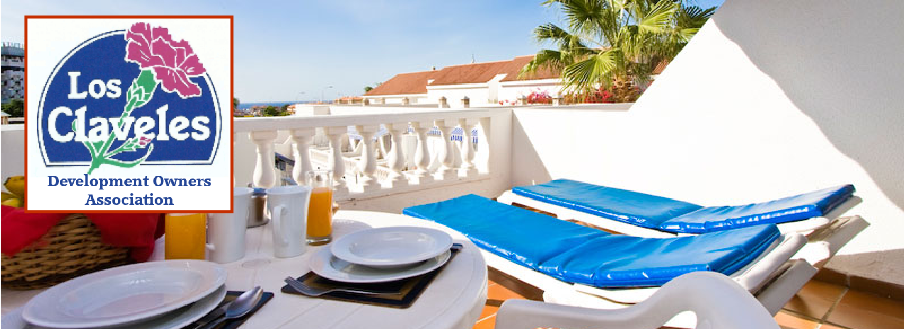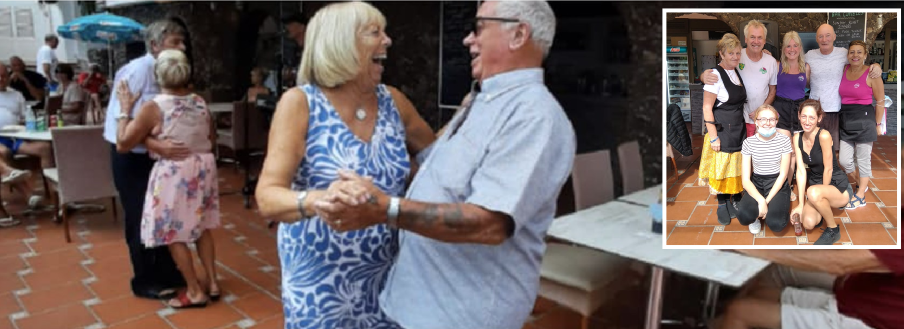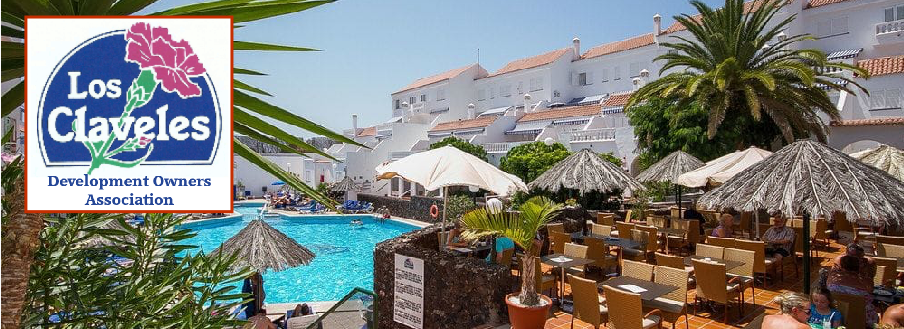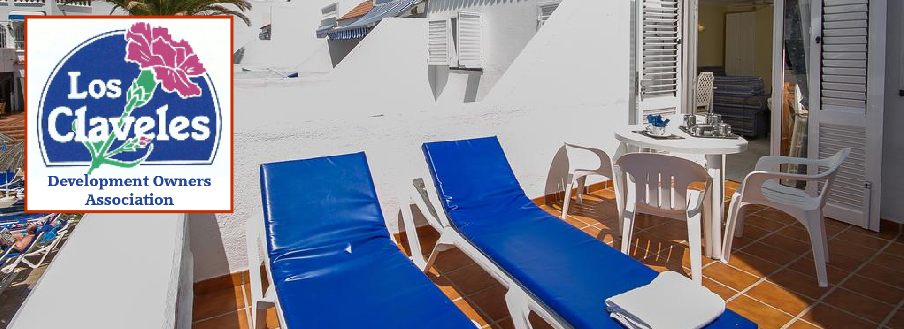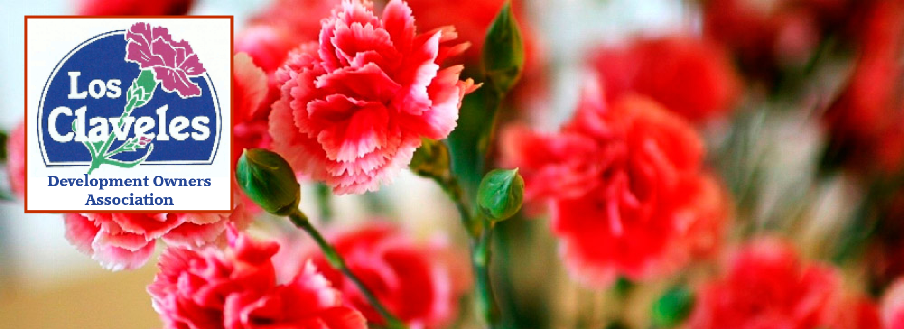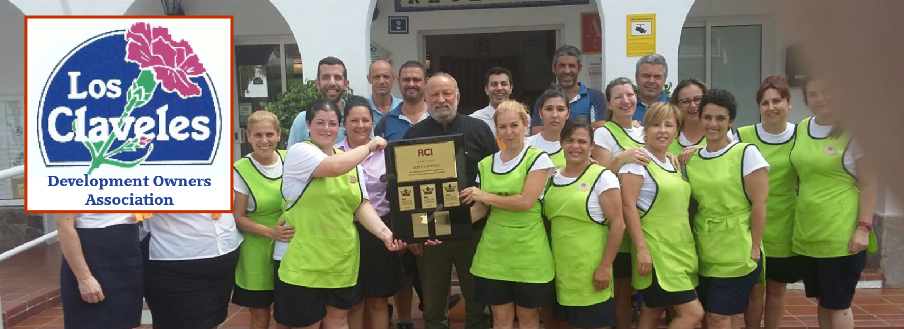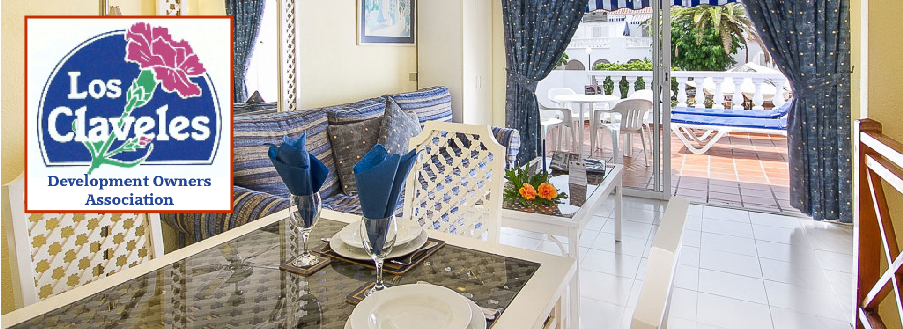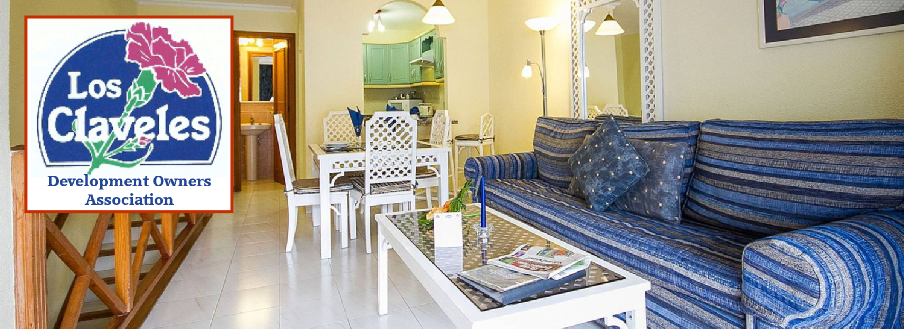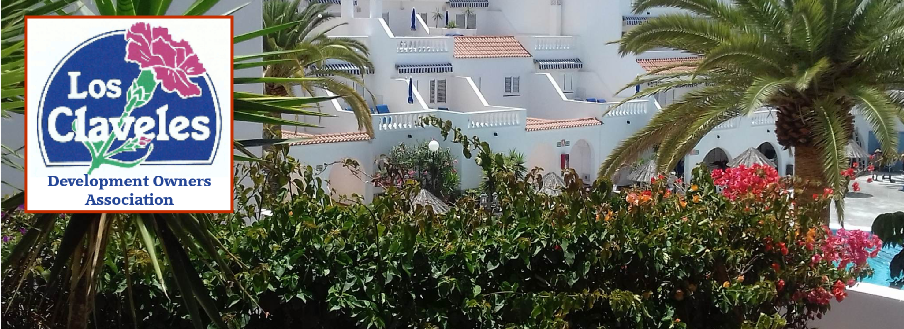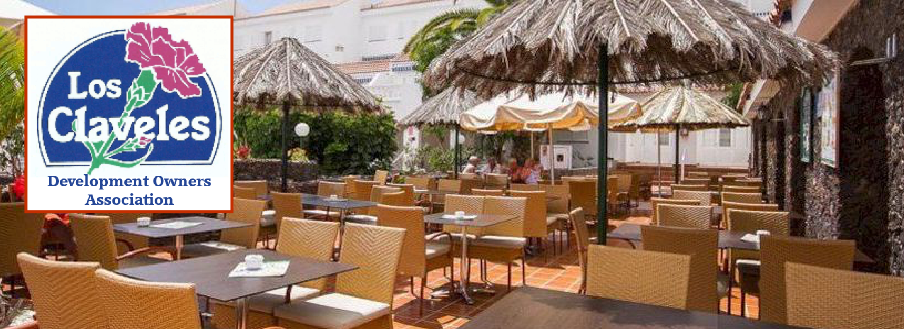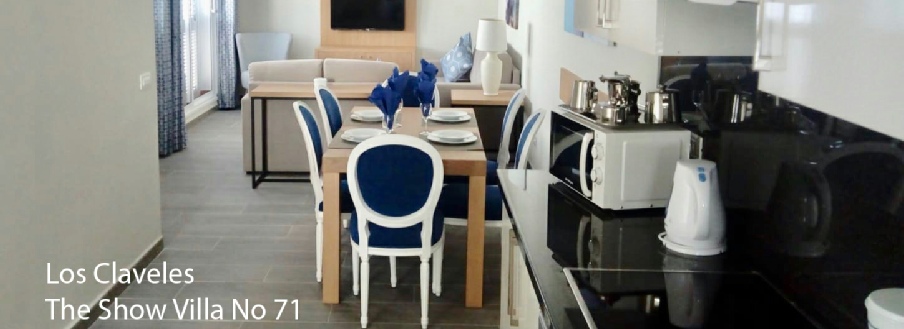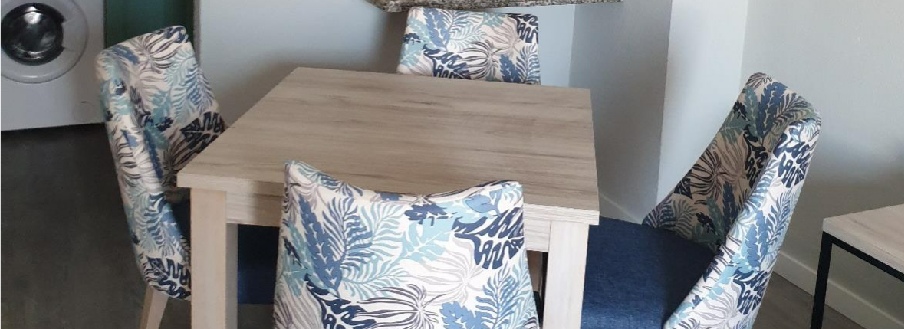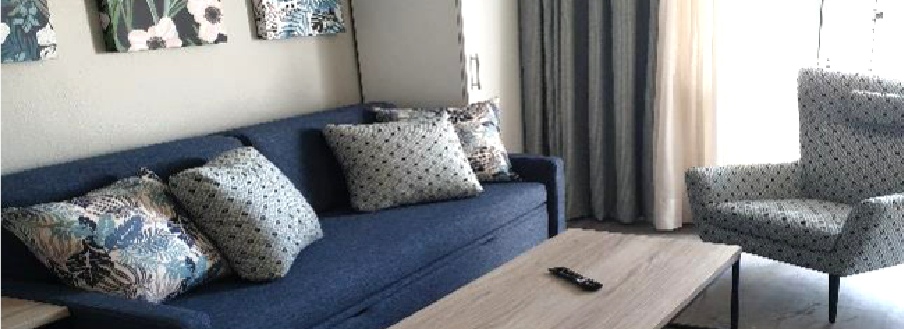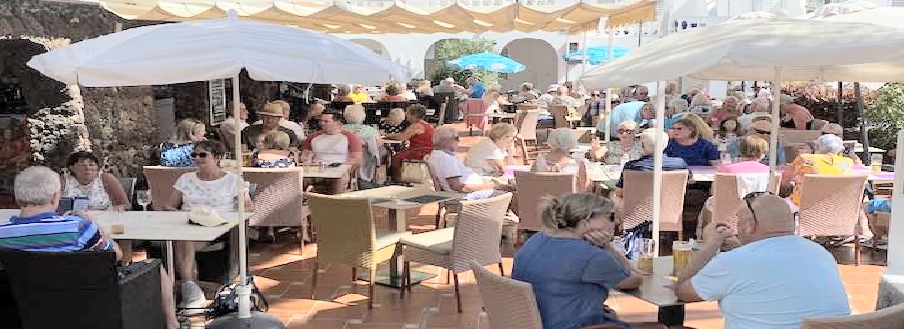
PLEASE DO NOT COPY OR SHARE INFORMATION FROM THIS WEBSITE WITHOUT
PERMISSION OF THE ADMINISTRATOR ©DOA 2020
www.losclaveles.eu | info@losclaveles.eu | Privacy statement
This website is hosted and managed independently views expressed are not necessarily shared by Wimpen
PRIVACY: Any data provided by users is deleted and not saved or shared.

A warm welcome awaits, meet friendly like-


JOIN OUR MAILING LIST
Join our mailing list and be the first to hear news and forthcoming important announcements
This is a PRIVATE mailing list and independent of both the Club and Wimpen
 Go to our Facebook
Go to our Facebook
Why is the Los Claveles Bar
open to the public?
It is a legal obligation, here are the reasons why . . .
What is the Right of Admission?
The right of admission is defined as:
The right of the owners/franchisee of any establishment open to the public, organisers of shows and recreational activities, to limit and determine the conditions of access to their establishment.
Therefore, any establishment of this type can prohibit the entry to its premises to certain persons who do not comply with the establishment instructions. This is under Article 59.1 paragraph E of the Royal Decree 2816/1982 August 27th, which approves the regulation of public shows and recreational activities. “The public may not: Enter the premises without meeting the requirements which the company have the right to request, through publicity or clearly visible posters placed in the places of access, clearly stating the requirements”.
However, this does not mean that business owners can demand any type of conditions of access. They must still comply with Article 14 of the Spanish Constitution, which alludes to the principle of equality. Therefore, requirements that discriminate based on sex, sexual, religious, or political orientation, race, nationality, or disability, among others, cannot be applied. This principle also affects the cases in which one person pays a price for a ticket and another person’s pay a completely different price. Everyone must pay the same, otherwise this principle is violated.
There are two types of conditions that can be required in the Right of Admission.
General conditions: These conditions are the same for all establishments, this is, they are the basic rules. Therefore, entry may be denied in the following cases.
1. When the person who wants to access the premises has consumed an excess of alcohol or drugs.
2. When the person who wants to access the premises, or is already inside, displays an aggressive or violent attitude.
3. When the minimum age is not reached. Article 60 of the aforementioned Royal Decree, minors under 16 years old cannot access the premises. But this is superseded by the Spanish Constitution which prohibits entry until 18 years old.
4. When the venue capacity has been exceeded.
5. When closing time has passed.
6. When the person has not made the payment required to enter.
7. When the person who wants to access the premises carries weapons or dangerous object or when they bother other people.
Specific conditions: These conditions are those that you can choose freely, as long as the principle of equality is respected. For this reason, the specific conditions must be requested to and approved by the relevant town hall.
Therefore, in order for specific conditions to take effect they must meet the above requirements and be displayed clearly to the public at the entrances, together with the date of resolution and the identification of the authorising body. If the displays do not exist, it will be understood that there is no specific limitation. It is not sufficient to have a sign saying the Right of Admission is reserved.
What if they don’t let me in?
If the owner does not let you enter a premise, even if you meet the specific and general requirements, then the first recourse is to request the consumer complaints form that all businesses are legally bound to hold on the premises. The second is to call the local police, make a police complaint and for them to initiate action.
The consequences for a business owner for not complying with the legal requirements of admission or if they are incorrectly exercised, they are at risk of a fine of up to 600,000€ and the closure of the business.
Is this the same throughout the whole of Spain?
No. Spain has Autonomous Communities that have the power to legislate on this matter. As of today, the following Autonomous Communities have collective regulations on the Right of Admission: Andalusia, The Canary Islands, Catalonia, Navarra, Madrid, Valencian community, Balearic Islands, La Rioja, Basque Country, and Asturias.
As I have already explained, the owners of a premise used by the public, whether it be public or private, have the right of admission, with the possibility of preventing certain people from entering their establishment. In order to exercise this right, the owner must meet a series of requirements. In summary these are:
Firstly -
Secondly – All the general and specific requirements are advertised to the public including the seal of the authorising authority.
The bar/restaurant at Los Claveles can only deny access to the public if the community is registered as private. A private community is for the use of owners only. This is not the case at Los Claveles and therefore a Right of Admission is a public entitlement.
